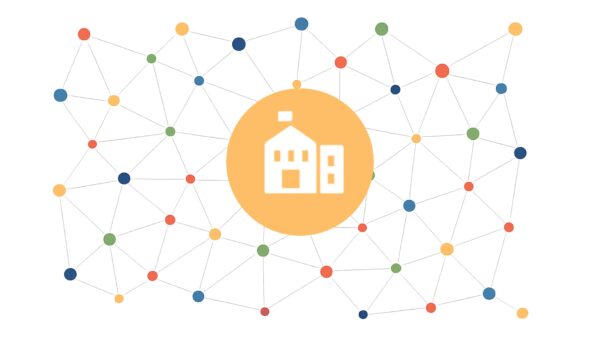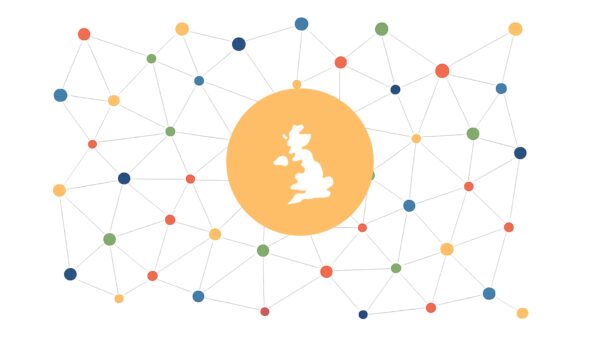When young people start thinking about university, parents and carers are often at the heart of the conversation. Their encouragement, concerns, and knowledge, or lack of it, shape how students see their options and their chances.
But families don’t all start from the same place. For parents who didn’t go to university themselves, or who are unfamiliar with the higher education system today, supporting a child’s journey can feel confusing, daunting, and sometimes alienating. The risk is that uncertainty becomes a barrier, not just for the parent, but for the student too.
At Bath, we recognise that widening access isn’t just about supporting students. It’s about supporting the ecosystems around them, equipping families with the confidence, knowledge and reassurance they need to be strong advocates and partners in the journey to higher education.
Meeting Families Where They Are
We don’t assume that every parent knows what applying to university looks like or that the system today matches what it looked like even a generation ago.
Our approach is designed to meet parents and carers where they are, offering clear, honest information without jargon or assumptions. Through resources like our Information for Parents webpages, we provide step-by-step guidance on everything from choosing courses to managing student finance.
Crucially, we also bring information to families through outreach programmes, not expecting parents to seek it out on their own, but embedding it into the touchpoints where they are already engaged. Whether it’s joining a webinar during Target Bath, attending alongside their child at the Autism Summer School, or accessing practical advice during Pathway to Bath activities Pathway to Bath, we create opportunities for parents to be included, informed and empowered.
Building Trust, Not Just Awareness
Parents and carers are not just information-seekers, they are decision-shapers. They help students weigh risks, build confidence, and imagine futures.
That’s why our work with families isn’t about simply handing over leaflets or delivering lectures. It’s about creating spaces where questions are welcomed, concerns are normalised, and trust can be built over time.
In many cases, these conversations tackle unspoken fears:
- Will my child be safe?
- Will they belong?
- Can we afford it?
- What if it doesn’t work out?
By addressing these concerns openly through parent-specific sessions, opportunities to meet staff and students, and practical guidance we help families move from anxiety to agency.
Why It Matters
For students from backgrounds where university isn't the norm, family uncertainty can be a powerful and often invisible barrier. Research shows that parental expectations, knowledge and attitudes are key factors influencing whether students apply to higher education at all, let alone to highly selective universities.
Where parents feel confident and informed, students are more likely to:
- Apply to a broader and more ambitious range of universities
- Make decisions based on fit and aspiration, not fear
- Persist through challenges like homesickness or academic pressure
But where parents feel uncertain or excluded, the opposite can happen. Students may self-censor their ambitions, delay applications, choose "safe" or local options even when broader choices are possible, or struggle with transition because of anxiety reinforced at home.
This is particularly acute for first-generation applicants, students from underrepresented ethnic backgrounds, students from lower-income families, and autistic students, all groups where families may face additional layers of unfamiliarity, mistrust or systemic exclusion.
Supporting parents isn’t a luxury. It’s a necessity for fair access.
Our work recognises that:
- Higher education systems are complicated and opaque. Even confident, resourceful parents can find them confusing without support.
- Cultural and historical experiences shape trust. Families from communities historically excluded from universities may approach with caution, not assumption.
- Financial fears are real and rational. Clear information on costs, funding, and return on investment is essential to addressing genuine concerns.
- Belonging matters to families, not just students. Parents need to feel that their child will be safe, supported and respected — not just academically successful.
By engaging parents as partners, not bystanders, we help dismantle some of the hidden barriers that hold students back. We build stronger foundations for student success because confidence, aspiration, and resilience are strengthened when families are empowered to walk alongside their children, not left behind.
Supporting the supporters is access work.



